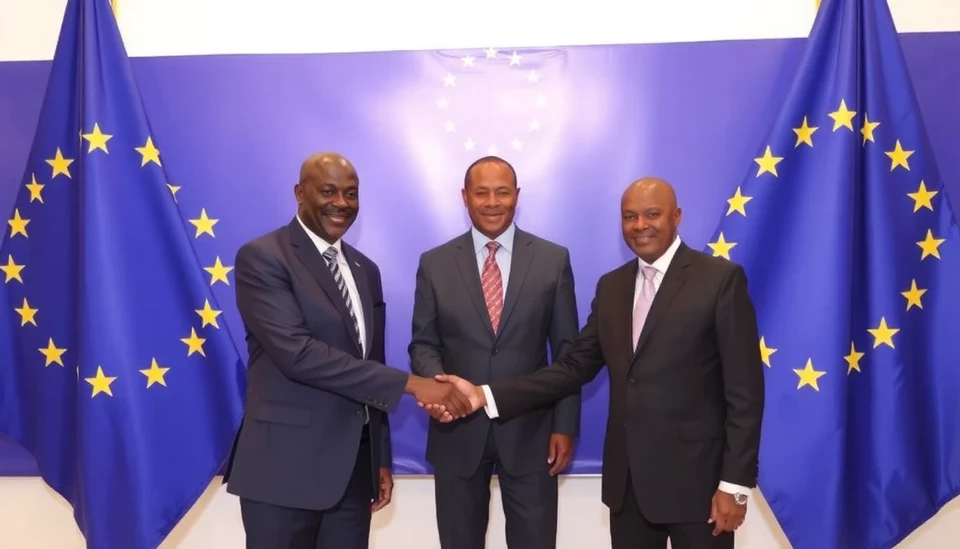
In a significant development in transatlantic trade relations, the European Union (EU) announced on March 20, 2025, that it will delay the implementation of a 50% tariff on American whiskey. This decision is aimed at providing additional time for negotiations between the EU and the United States as both parties seek to resolve ongoing trade disputes.
The proposed tariff was a response to long-standing grievances that the EU held against U.S. tariffs on European steel and aluminum exports, which had been imposed under former President Donald Trump. The escalating trade tensions have also affected a variety of goods, but whiskey has emerged as a particularly emblematic item in the debate due to its cultural significance and economic impact on American distilleries.
The EU's decision to postpone the tariffs reflects a desire to foster dialogue and find mutual ground on trade issues. European Trade Commissioner Valdis Dombrovskis noted that the delay "provides an opportunity for constructive discussions," underlining the EU's commitment to resolving trade differences without resorting to punitive measures that ultimately hurt consumers and producers on both sides of the Atlantic.
U.S. whiskey producers, who have faced declining exports to the EU amid the threat of heightened tariffs, welcomed this announcement. The industry, which generates billions of dollars in revenue and supports thousands of jobs, is particularly sensitive to changes in international trade dynamics. Many distillers were concerned that the proposed tariffs could further erode their already dwindling market share in Europe, which is one of their largest overseas markets.
The whiskey industry is not alone in its relief; various sectors are hopeful that this delay will pave the way for more comprehensive discussions on trade practices and economic cooperation between the two entities. As the EU and the U.S. navigate these complex relationships, the hope is that such measures will alleviate the pressure on numerous industries caught in the crossfire of tariff disputes.
Looking ahead, trade experts suggest that this moment could be pivotal in shaping future U.S.-EU economic relations. The temporary halt on the tariff allows both sides to engage in negotiations without the immediate pressure of retaliatory measures hanging over them. The EU's gesture is seen by some as a possible indication of a thawing relationship, one that could lead to larger agreements on tariffs and trade regulations.
As discussions continue over the coming weeks, stakeholders from both sides will be closely monitoring the developments. The outcomes could influence trade strategies far beyond just whiskey, affecting numerous sectors that rely on transatlantic trade agreements for their operations.
In conclusion, the EU’s decision to delay the whiskey tariff has generated mixed feelings of hope and caution among stakeholders. The focus now shifts to the negotiations that will define the next steps in U.S.-EU trade relations as both parties aim to find a balanced approach that prioritizes economic growth and cooperation.
#EU #USTrade #WhiskeyTariff #TransatlanticRelations #TradeNegotiations #Economy #GlobalTrade
Author: Victoria Adams




